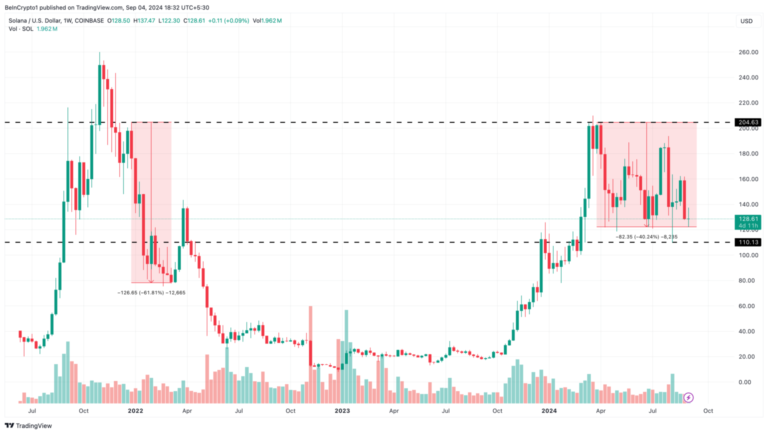
- Coinbase has accused the SEC of pursuing aggressive litigation tactics aimed at destroying the crypto industry and has called for clear, transparent rules to navigate regulatory uncertainty.
- The SEC insists existing securities laws already apply to digital assets, but Coinbase argues this leaves crypto firms in a “Catch-22” situation with significant legal risks.
In a heated legal showdown, Coinbase, America’s largest registered cryptocurrency exchange, has accused the U.S. Securities and Exchange Commission (SEC) of waging “scorched-earth litigation” against crypto firms, aiming to obliterate the burgeoning digital asset industry. This conflict highlights a significant regulatory impasse that could shape the future of cryptocurrency in the United States.
On Friday, Coinbase released a strongly worded closing brief, spanning over 35 pages, which lambasted the SEC for its allegedly destructive approach. According to Coinbase, the SEC’s actions are a deliberate effort to cripple the crypto sector by imposing unattainable demands and prosecuting companies that inevitably fall short. This aggressive stance, Coinbase contends, forces the industry into a “Catch-22” scenario.
A Call for Clearer Rules
Central to Coinbase’s argument is the plea for transparent and well-defined rules. The exchange urged the Court of Appeals for the Third Circuit to compel the SEC to establish clear guidelines for the crypto industry. This request is part of Coinbase’s ongoing campaign, which began in 2022, to challenge what it perceives as the SEC’s opaque and inconsistent regulatory framework.
Coinbase argues that without explicit rules, crypto companies are left navigating a minefield of regulatory uncertainty. The absence of clear regulations makes compliance nearly impossible, subjecting firms to substantial legal risks. Despite Coinbase’s calls for clarity, the SEC maintains that existing securities laws are already applicable to digital assets and that the industry has been plagued by bad actors flouting these rules.
“The SEC claims that its stance on digital assets has never shifted. But that is untrue, and the SEC’s contrary evidence is nothing more than abstract statements that application of the securities laws to digital assets turns on the ‘facts and circumstances’,” Coinbase stated. This reflects the exchange’s frustration with what it sees as the SEC’s evasive and ambiguous regulatory posture.
The SEC’s Perspective
The SEC, led by chair Gary Gensler, has consistently asserted that the current securities laws are sufficient to govern the crypto industry. Gensler emphasizes that any crypto asset offered or sold as an investment contract falls under the purview of federal securities laws. He argues that the existing legal framework is capable of addressing the complexities of crypto transactions and protecting investors.
However, this assurance has done little to quell the concerns of crypto firms. They argue that the application of these laws is not straightforward and that the SEC’s enforcement actions are both arbitrary and punitive. The ongoing legal battle between Coinbase and the SEC thus underscores a critical need for regulatory clarity in the rapidly evolving crypto landscape.
As this high-stakes conflict unfolds, the outcome will likely have profound implications for the future of cryptocurrency regulation in the U.S. A resolution that offers clear and workable rules could pave the way for a more robust and compliant crypto industry, while continued ambiguity may stifle innovation and growth.







